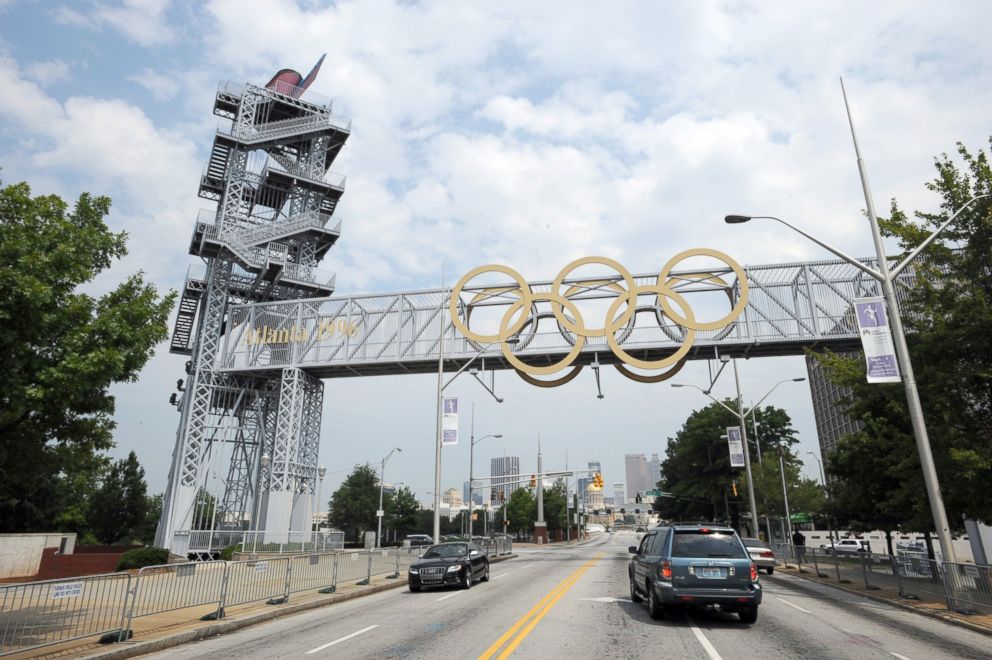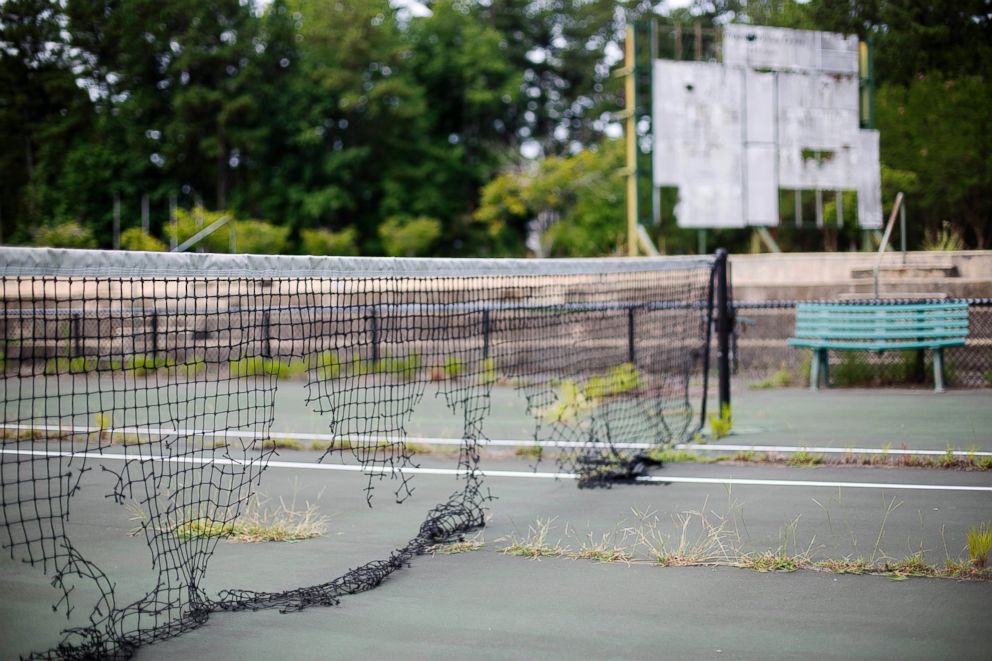Team USA Olympic Gold Medal Winners of the Past: Where Are They Now?
Summer gold medal winners went on many different paths.
— -- After achieving Summer Olympic Gold, American athletes take their careers in a number of different directions--from reality television to charity work and activism.
Here is what a few of the more notable Olympic stars of recent years have done with their fame after winning Olympic gold.
Abandoned Olympic Venues Around the Globe

Greg Louganis
Gregory Efthimios "Greg" Louganis of California, a favorite to win gold in the 1980 Summer Olympics in Moscow, sat out the games because of the boycott by America and 65 other countries over the Soviet War with Afghanistan. He went on to wow spectators at the 1984 Olympics in Los Angeles with jaw-dropping dives that earned him gold medals in both the springboard and tower diving events. In the 1988 Seoul Olympics, America held its collective breath after watching his head strike the diving board in preliminary rounds. Louganis suffered a concussion, but nevertheless went on to repeat his success, and was named the "Athlete of the Year" in 1988 by ABC's Wide World of Sports.
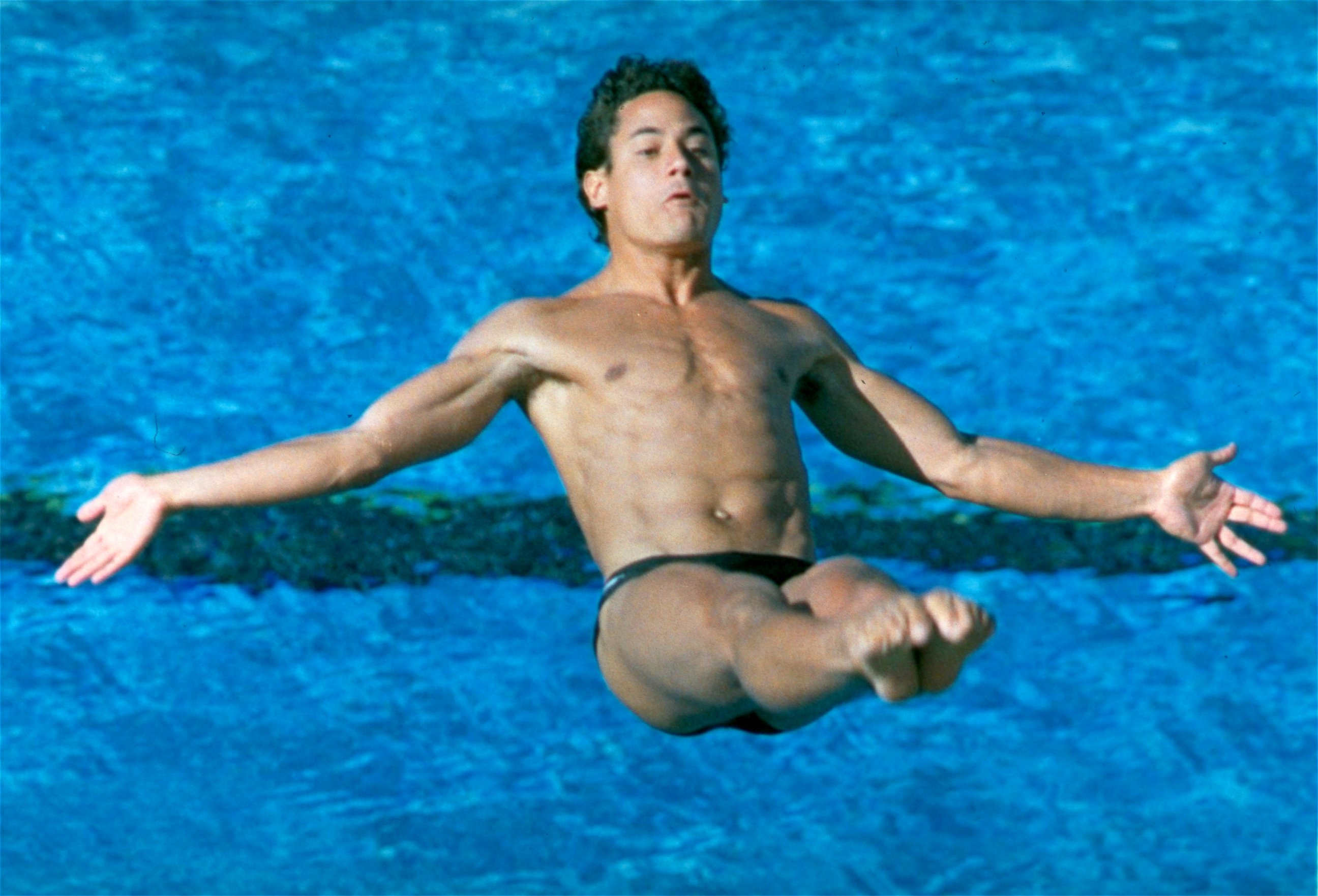
Louganis competed in the 1988 games while being HIV-positive, a diagnosis that he received in the months leading up to competition, but chose not disclose. In 1996, he published a book, Breaking the Surface, where he detailed his struggles with concealing his sexuality as a gay athlete. Louganis's coming up at a gay athlete was considered to be a major breakthrough for the gay rights movement at the time.
Today, Louganis mentors the U.S. Olympic diving team, and is an advocate for HIV-awareness and gay rights. He appeared nude in ESPN's The Body Issue 2016.
Mary Lou Retton
Mary Lou Retton, the first American woman ever to win a gold medal in gymnastics, emerged as a household name in 1984 by winning the All Around Gold Medal in Los Angeles. She won the most medals of any athlete at the 1984 Summer Olympics -- five in total. Retton became an inspiration for American women's gymnastics and an 80's cultural icon in America, appearing on the Wheaties box and in movies like Scrooged and Naked Gun 33 1/3.
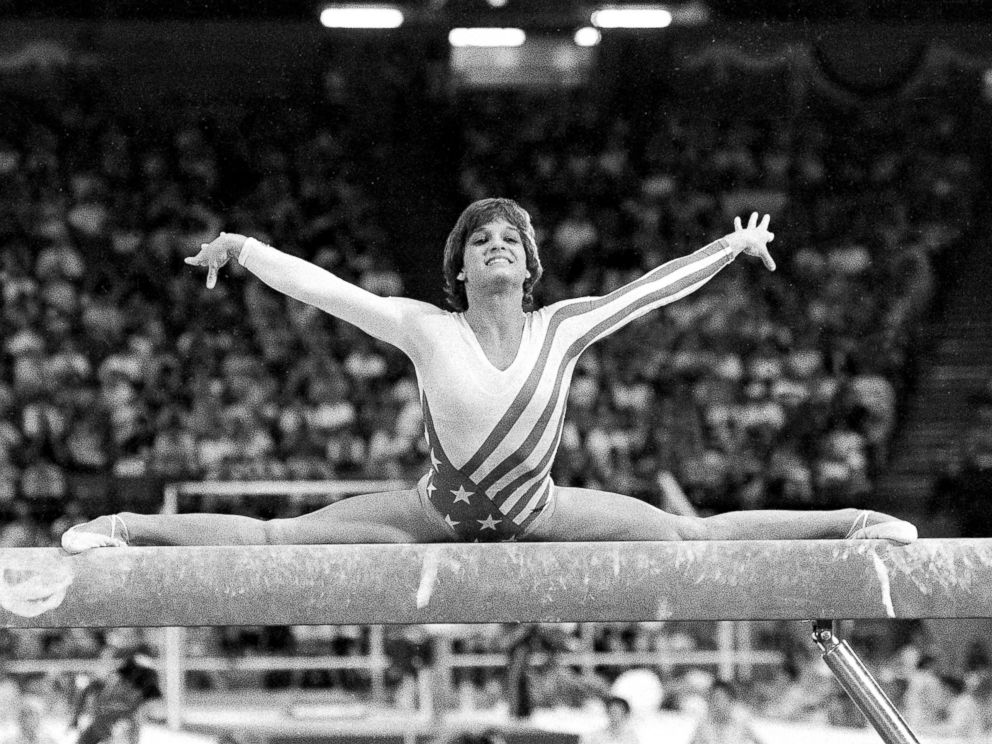
Today, she is a motivational speaker, according to her website, and frequently serves as a television commentator and host for Olympics related programming.
Caitlyn Jenner, previously known as Bruce Jenner
Jenner, previously Bruce but now known as Caitlyn, was a gold medal men's decathlon winner at the 1976 Montreal Olympic games, famously waving a small American flag after defeating the Soviet athlete who was favored to win. Jenner later parlayed the notoriety into several endorsements, advertising for products like Wheaties and even posing for a Playgirl magazine cover photo in May of 1982.
Jenner later became a reality-TV star on E! cable network's "Keeping Up with the Kardashians," a career turn that made the entire family a ubiquitous presence in American pop culture from its launch in 2007.

Jenner officially changed her name to Caitlyn Jenner in a July 2015 Vanity Fair Cover story, and the rest is (recent) history.
“That female side is part of me. That’s who I am ... My brain is much more female than it is male,” Jenner told ABC News' Diane Sawyer about becoming a woman. “It’s hard for people to understand that, but that’s what my soul is.”
Today, Jenner is arguably the most famous transgender person in the world. She starred in her own reality show, "I Am Cait," and recently spoke about coming out as both a transgender woman and Republican at a Republican National Convention "Big Tent Brunch" event, hosted by the conservative group American Unity Fund.
Jenner was involved in a car crash in February of 2015 on Pacific Coast Highway in Malibu, California that killed Kim Howe, an animal rights activist and actress. Prosecutors failed to press charges against Jenner, but three lawsuits were filed seeking damages.
Jackie Joyner-Kersee
Track and field athlete Jacqueline Joyner-Kersee was named the Greatest Female Athlete of the 20th Century by Sports Illustrated for the three gold, one silver and two bronze medals she won in summer Olympic games between 1984 to 1996.
Joyner-Kersee was the favorite to win the heptathlon at the 1984 summer games in Los Angeles, but she won the silver medal after finishing five points behind Australia's Glynis Nunn. She went on to win two gold medals in Seoul in 1988, for the long jump and heptathlon, for which she still holds the world record at 7,291 points.
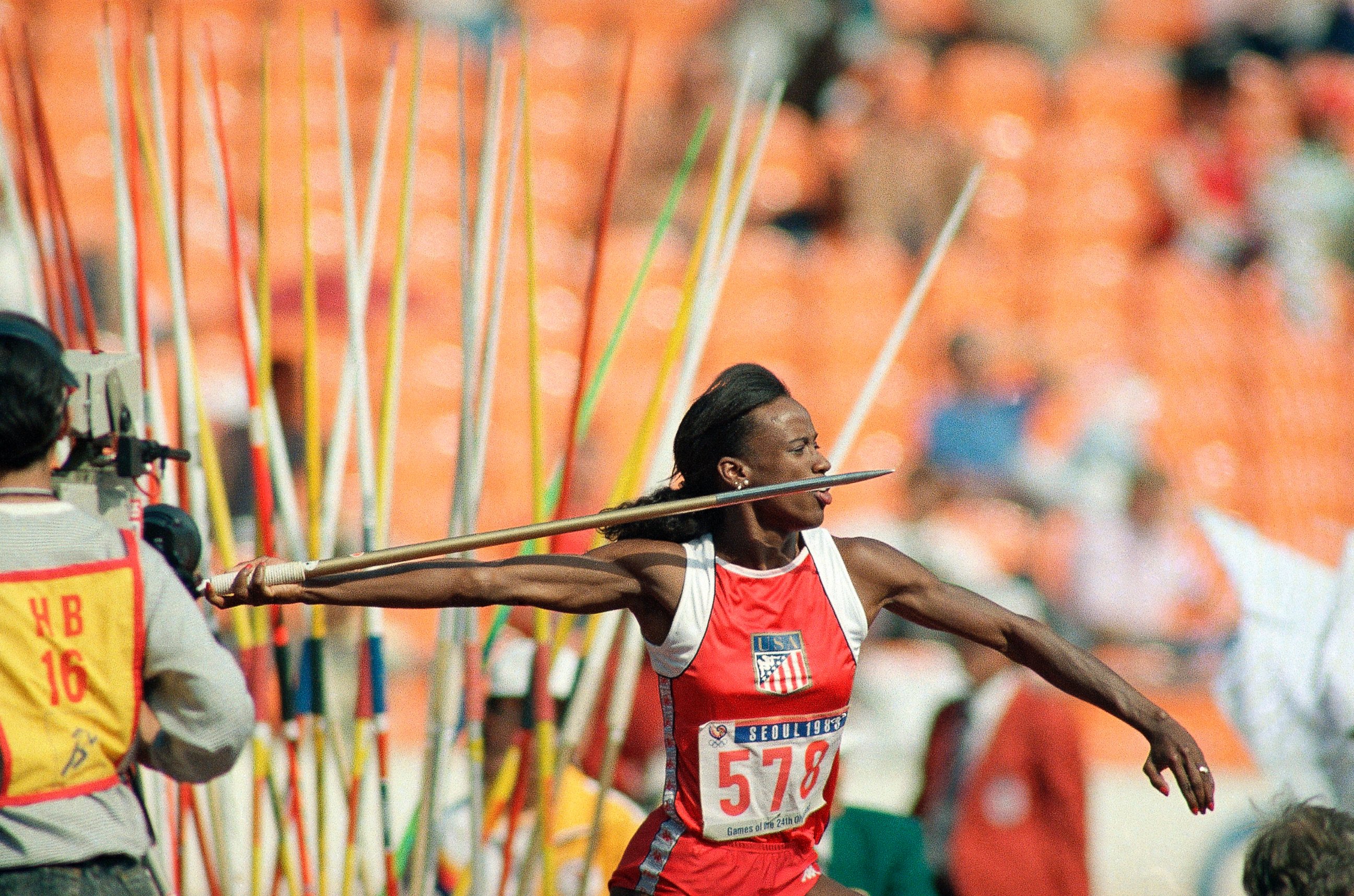
The St. Louis native won her third gold medal in the 1992 Barcelona games for the heptathlon and a bronze medal in the long jump. She also won a bronze in the long jump at the 1996 games in Atlanta. She later went on to play professional basketball for the Richmond Rage of the American Basketball League, but only appeared in 17 games total.
Along with founding the Jackie Joyner-Kersee Foundation, she co-founded Athletes for Hope in 2007, alongside other prominent sports figures such as Muhammad Ali, Lance Armstrong, Mia Hamm, Jeff Gordon, Tony Hawk and Cal Ripken, Jr.
Joyner-Kersee is also one of the most famous athletes to have overcome severe asthma.
After retiring from athletic competition, Joyner-Kersee joined the board of directors for USA Track & Field and will make an appearance in Rio de Janeiro as part of her role. She now tours the country giving speeches and mentoring athletes.
Michael Phelps
American swimmer Michael Phelps, originally from Baltimore Maryland, is the most decorated Olympian of all time, racking up an astonishing 22 total medals across the 2004, 2008, and 2012 games. Phelps, a swimming wunderkind, also qualified for the 2000 Olympics when he was just 15. He finished fifth that year in the 200-m butterfly. In 2008, his achievements were so impressive that it lead to rumors he had taken performance-enhancing drugs -- an accusation that Phelps flatly denied, citing his voluntary participation in testing projects maintained by the United States Anti-Doping Agency. The World Anti-Doping Agency, which tests for PEDs at the Olympics, was formed in 1999 and regular testing was conducted during the years that Phelps shattered records at the games.
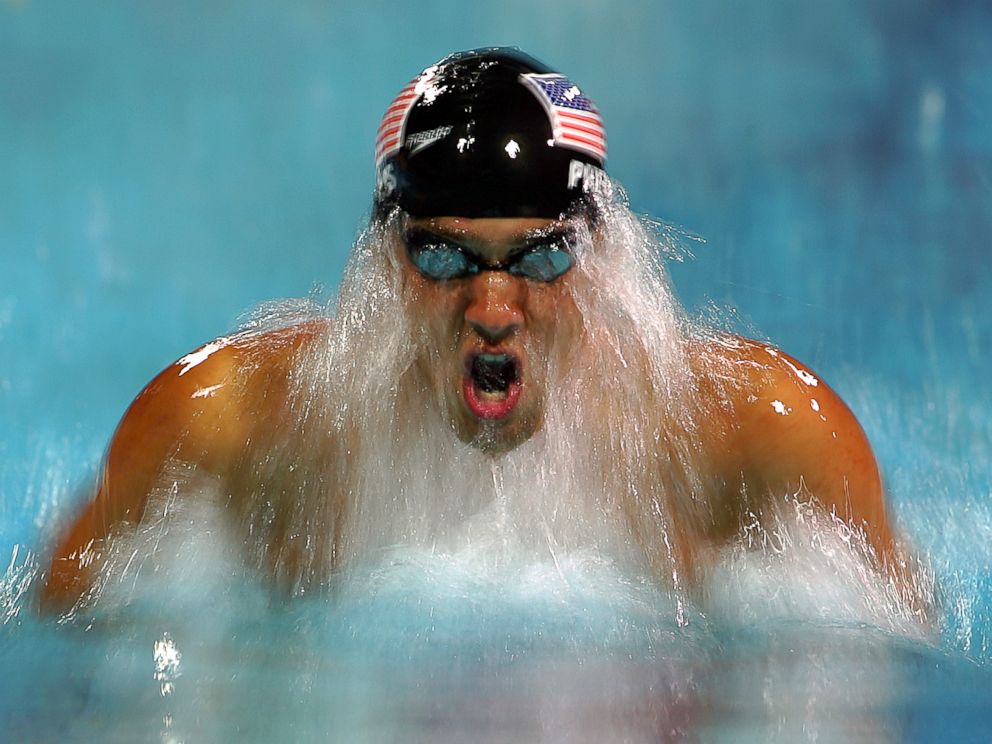
Phelps has run into trouble at several times in his career. Twice, he was arrested for driving under the influence of alcohol--once in 1999, and a second time in 2014. Phelps lost a sponsorship with Kellogg's in 2009, after a photo turned up of him holding a water-pipe--something people assumed was drug paraphernalia related to marijuana usage.
Today, he is still a competitive swimmer, and also helps run the Michael Phelps Foundation, which works "to promote healthy, active lives, especially for children, primarily by expanding the opportunities for participation in the sport of swimming," according to its website. Phelps will participate in the 2016 games, swimming in three races next week.
He will also hold the unique honor as serving as flag bearer for American athletes at the 2016 games in Rio.
Carl Lewis
Track and Field athlete Carl Lewis is one of the most decorated American Olympians, with 10 medals in total -- nine of them gold. He was named Sports Illustrated's Olympian of the Century and Sportsman of the Century by the International Olympic Committee (IOC).
At the 1984 Olympics in Los Angeles, Lewis emulated Jesse Owens' 1936 Berlin performance by winning four gold medal in the 100 meters, the 200 meters, long jump and 4x100 meter relay. He didn't receive the lucrative endorsement deals he expected after the 1984 games due to a negative image that circulated shortly after. Lewis was drafted as the 208th overall pick in the 1984 NBA draft and as a wide receiver for the Dallas Cowboys in the 12th round in the 1984 NFL draft, although he never played in either league.
After his father died in 1987, Lewis put the gold medal he won for the 100 meters in 1984 in his father's hand to be buried with him, telling his mother not to worry because he would "get another one," ESPN reported. In the 1988 Seoul games, Lewis won gold in the 100 meters, after Canadian Ben Johnson tested positive for steroids. He also won gold in the long jump and silver in the 200 meters.
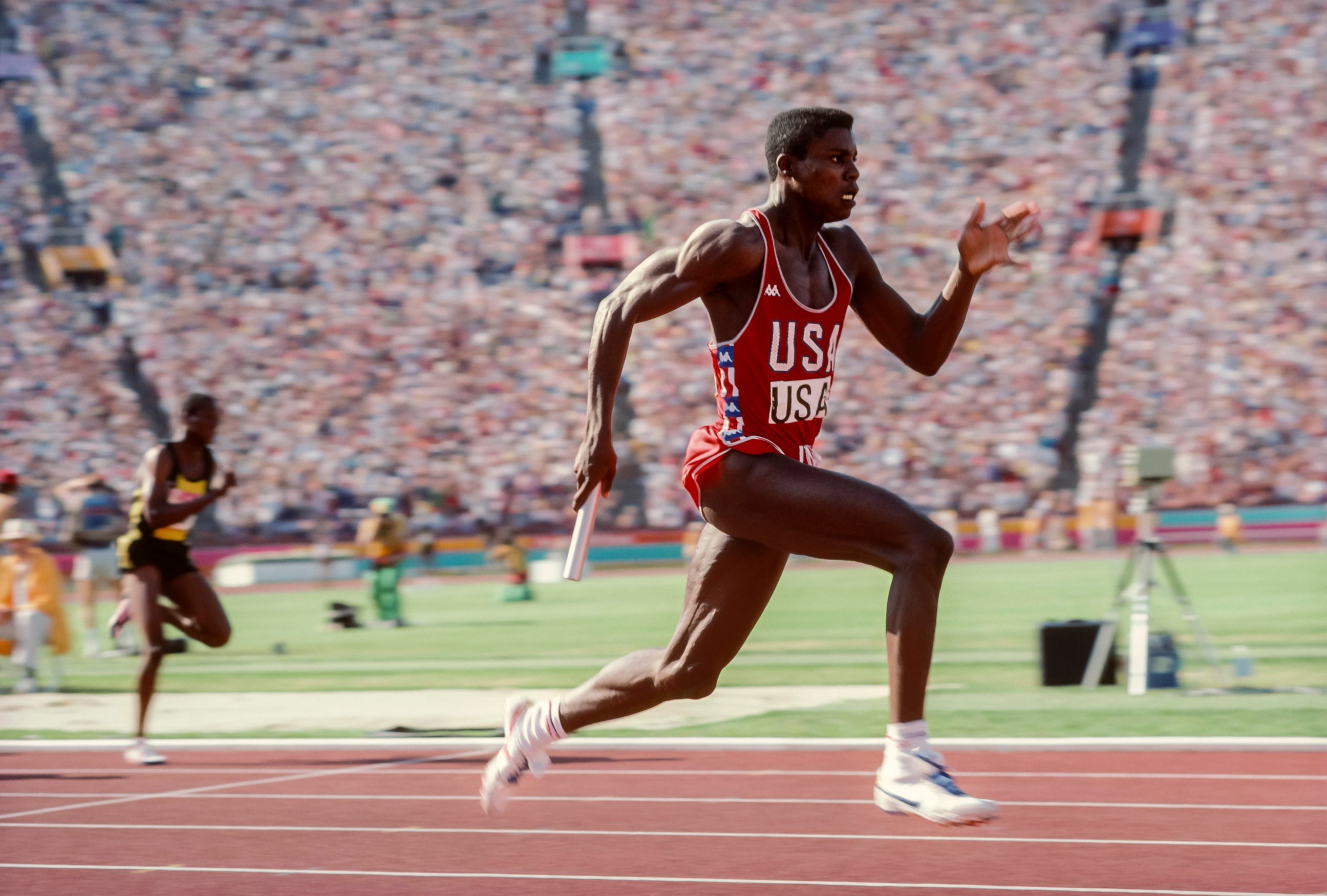
Lewis won two gold medals at the 1992 games in Barcelona, in the long jump and the 4x100 meter relay, and he won his final medal in 1996 in Atlanta, receiving the gold medal for the long jump.
The Birmingham, Alabama native is now an assistant track coach at his alma mater, the University of Houston, where he focuses on sprints and jumps and tries develop future Olympians. He is also taking part in an effort to bring the Olympics have to Los Angeles in 2024.
Tommie Smith
Gold Medalist Tommie Smith's appearance at the 1968 games in Mexico resulted in one of the most iconic Olympic photos of all time, symbolic of the civil rights movement at the time.
Smith, who was drafted into the NFL in 1967, won gold that year in the 200 meters surpassing fellow American John Carlos and setting a world record that would last for 11 years. On the winners podium during the medals ceremony, Smith and Carlos raised their firsts, covered in black gloves. Smith later said that the gesture was not a "Black Power" salute but a "human rights salute."
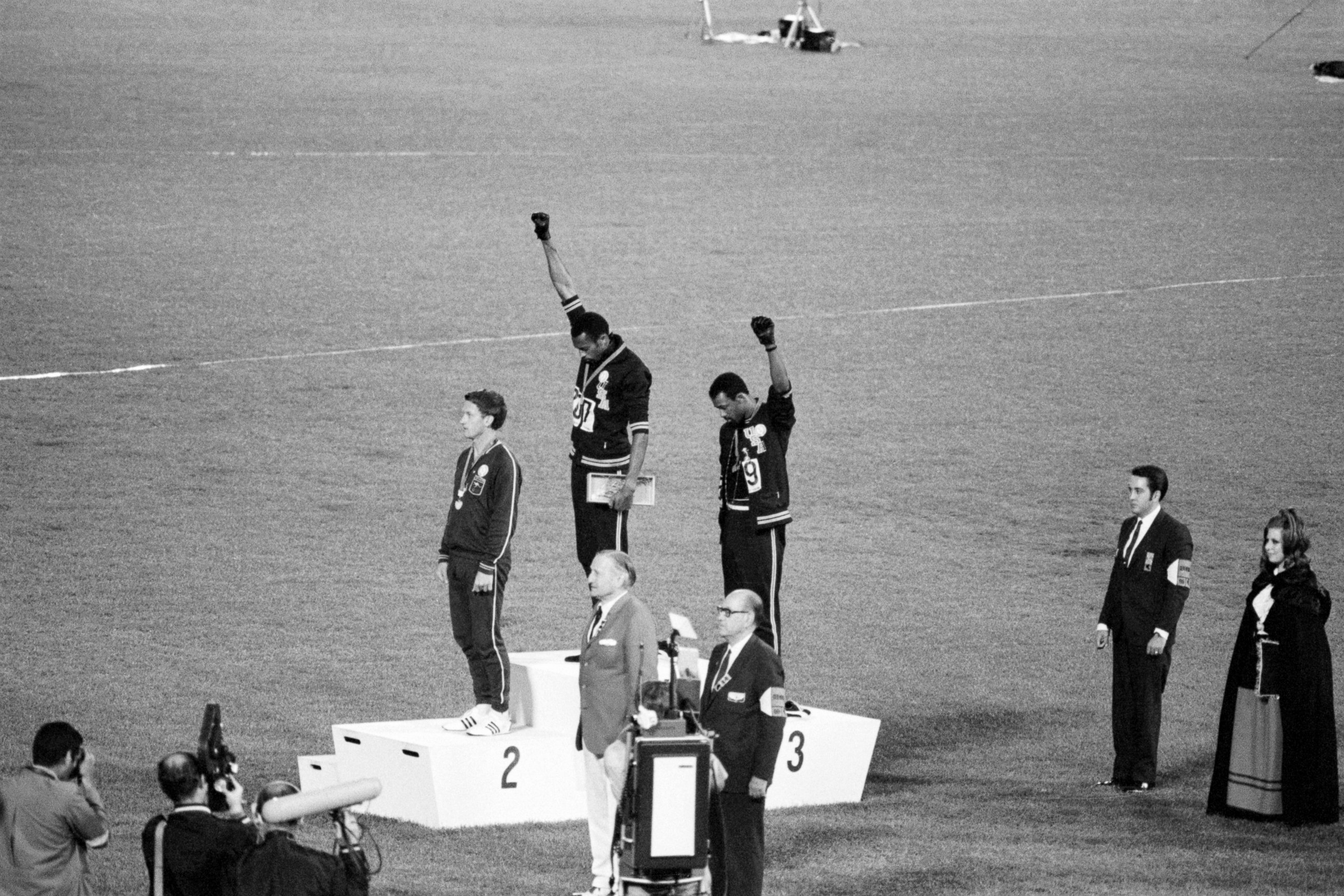
Smith continued to play wide receiver for the Cincinnati Bengals and later went on to become an assistant professor of physical education and track coach at Oberlin College. He helped coach the 1995 U.S. team at the World Indoor Championships in Barcelona and, in 1999, was awarded the California Black Sportsman of the Millennium Award.
In 2008, Smith and Carlos were honored at the ESPY Awards with the Arthur Ashe Courage Awards for their display of solidarity in 1968. The 72-year-old is now a public speaker.





